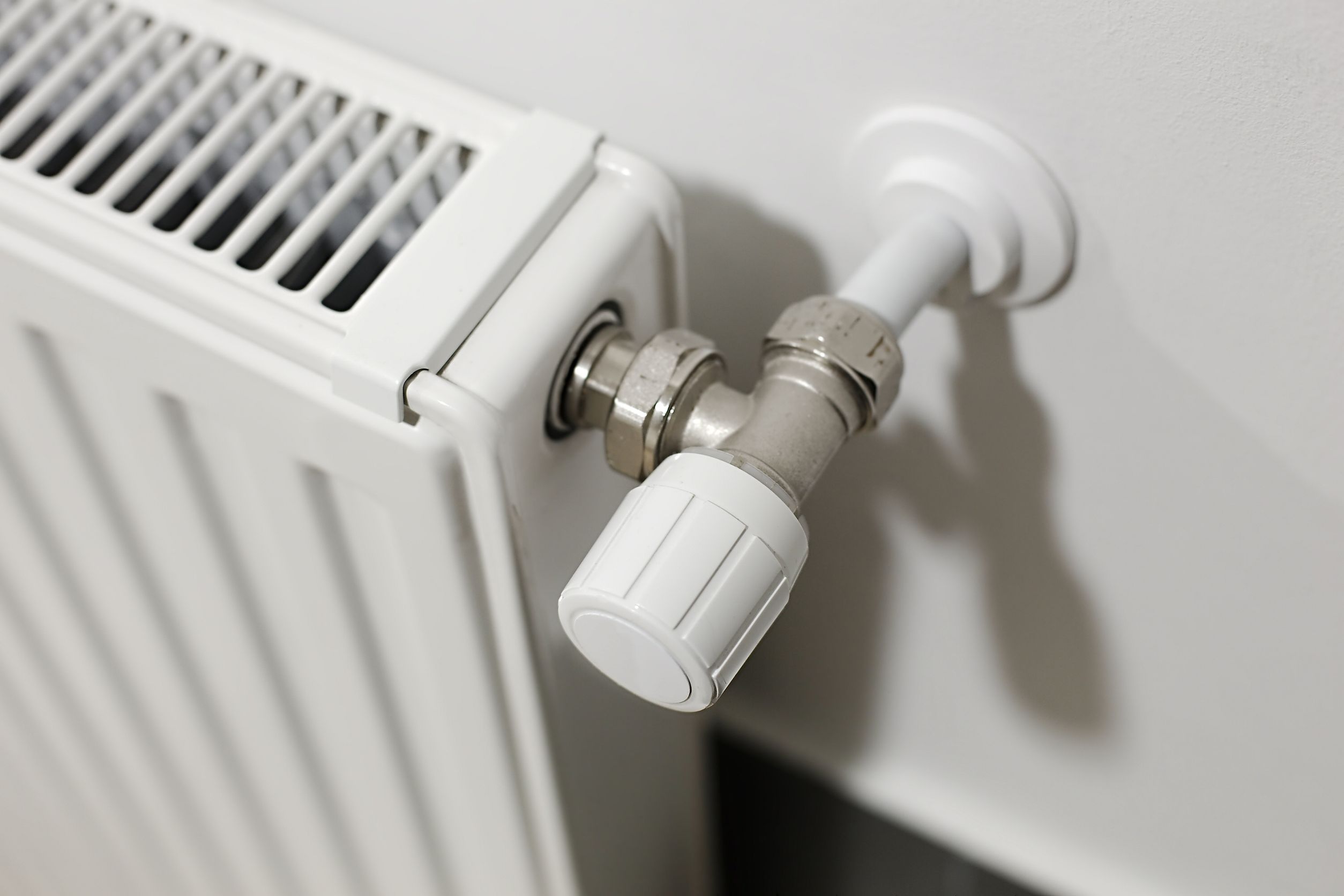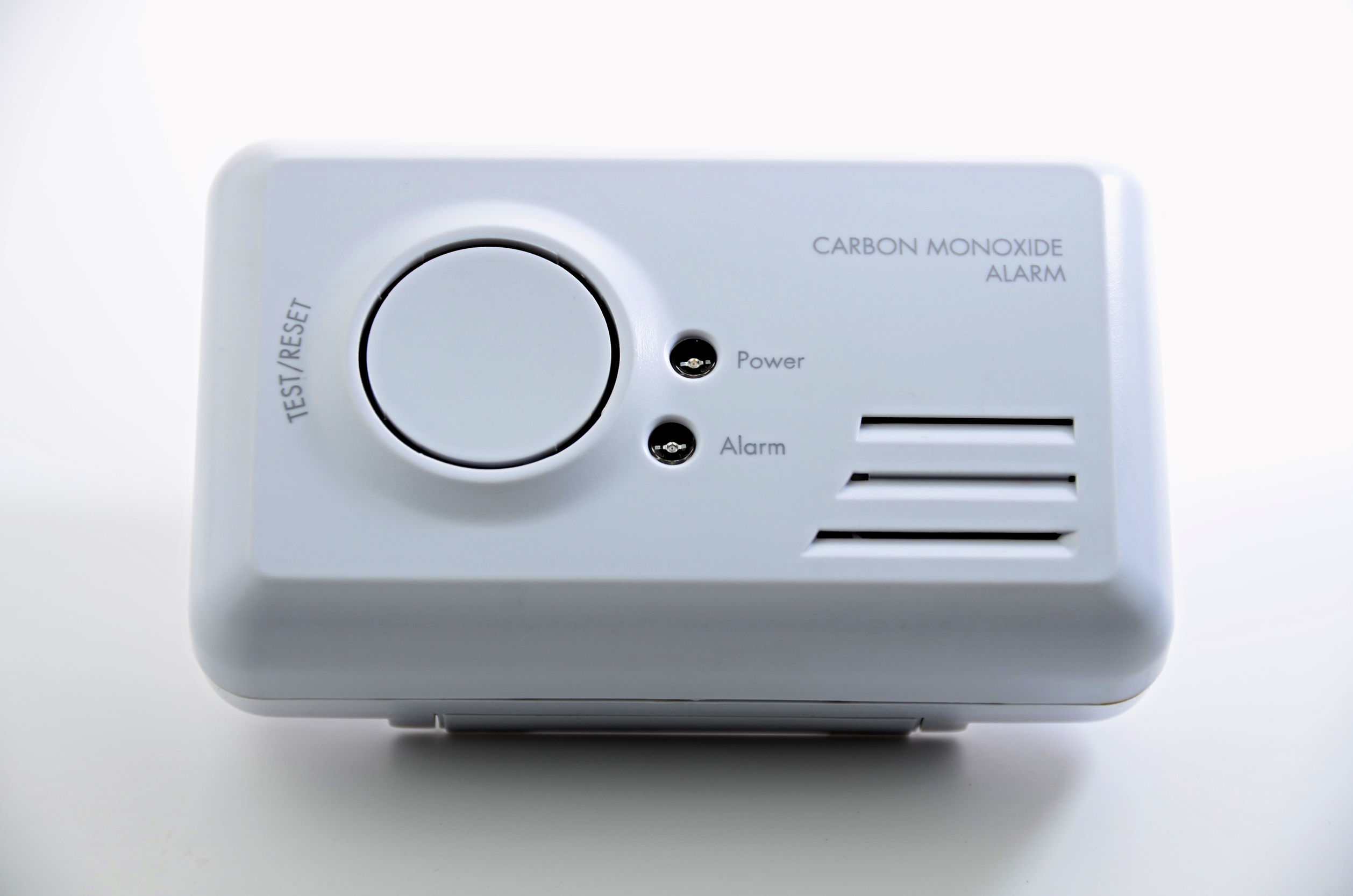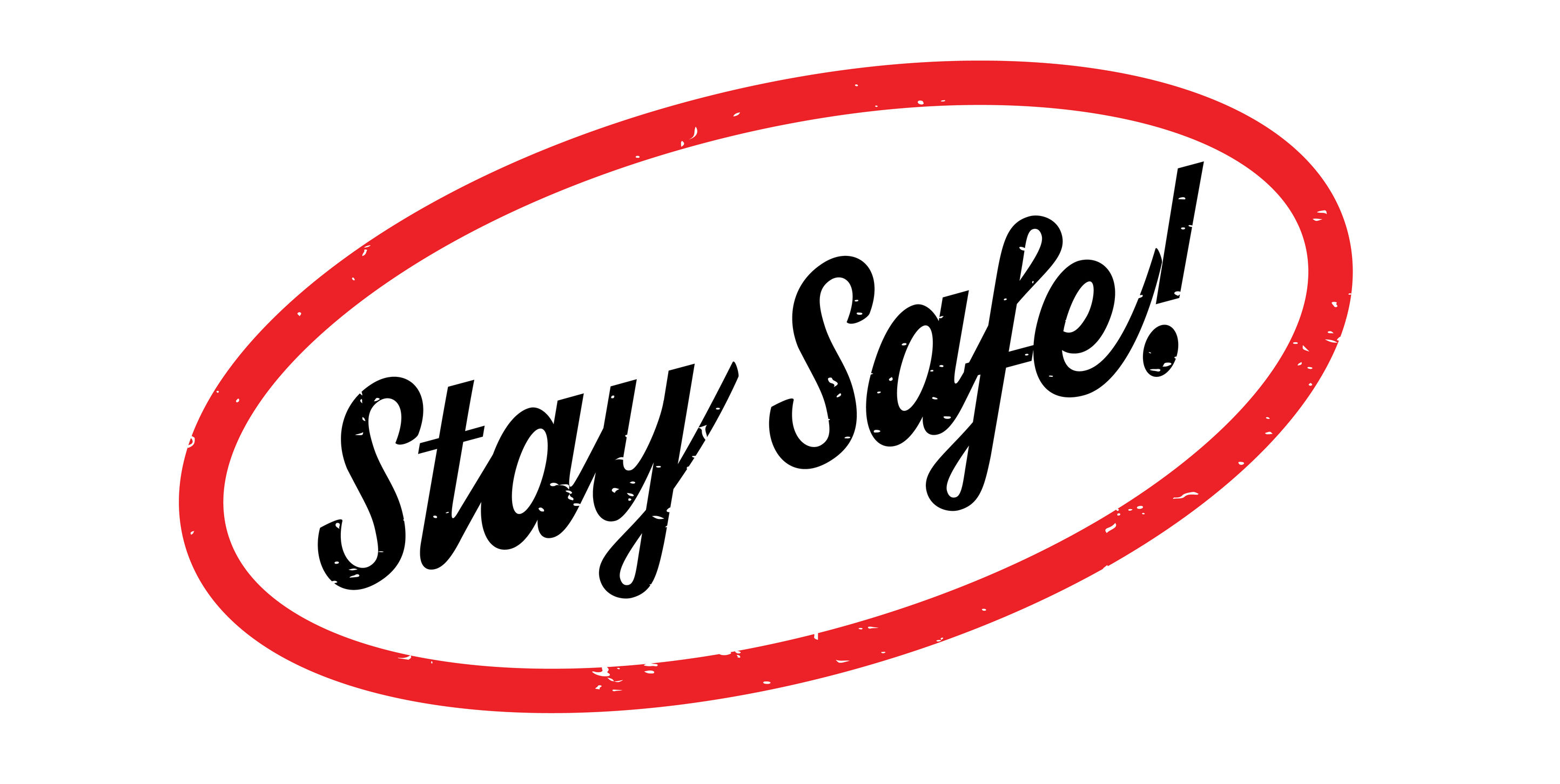Heating System Failure Kills Family: How NYers Can Fight Back
This winter has brought with it record cold temperatures nationwide, and forecasts predict that we’ll continue to experience this bitter cold at least for the next several weeks. During cold spells, it is common for heating systems to fail or malfunction, sometimes with devastating consequences.
Recently, a family of four, including two young children, were found dead in an Arizona Cabin. Officials found a “significant failure” in the heating system, which resulted in a carbon monoxide leak. The findings at the scene were consistent with carbon monoxide overtaking the home and poisoning the family while they slept.
This tragic occurrence highlights the need for a well-maintained heating system and precautions such as carbon monoxide detectors. If you rent your living space (as most New Yorkers do), you must rely on your landlord to perform maintenance and repairs. However, there is an upside – as a tenant you have the right to safe and habitable housing, and if your landlord violates these rights they can be held liable.
So, what exactly are the obligations of your landlord, and how can you fight back as a tenant if your landlord fails to meet them?
Tenants’ Rights to Habitable Housing
As a tenant, you have a right to safe and habitable housing. Your landlord is obligated to provide a safe living space, and to perform urgent repairs to ensure safety and habitability (such as heater repairs) within 24 hours. Further, if tenants are injured as a result to dangerous housing conditions, landlords may be held liable for the injury.
Where is this covered in the law?
Implied Warranty of Habitability
In New York, landlords are required to keep rental properties habitable under a doctrine known as the implied warranty of habitability. This means that by renting the property to you, your landlord has promised you a habitable living space.
In order to meet the implied warranty of habitability, your landlord must:
- Keep structural elements of the property well-maintained
- Maintain common areas such as stairwells and hallways
- Supply hot and cold water
- Keep electrical, plumbing, sewage, heaters, air-conditioners, and elevators working safely
- Exterminate infestations of rodents and insects
- Provide garbage receptacles and arrange for garage pickup
- Manage known environmental hazards such as lead paint and asbestos. This includes disclosing their presence to tenants and keeping the building in good repair such that they do not pose a substantial danger.
- Include at least one carbon monoxide and one smoke detector, and provide written information about how to test and maintain them.Heating RequirementsAccording to New York law, landlords are required to provide heating to their tenants. Heat must be provided between October 1st and May 31st.
During the day (between 6AM and 10PM), if the outside temperature is below 55 degrees, the inside temperature must be at least 68 degrees.
At night (between 10PM and 6AM) the inside temperature must be at least 62 degrees, regardless of the outside temperature.
What to Do if You Don’t Have Heat
If you don’t have heat that meets the above standards, your landlord is required to provide it. However, it is best to initiate this process by first asking your landlord to turn up the heat.
The following steps are recommended if you don’t have heat:
- Contact your landlord to let them know that your apartment is cold. If possible, it’s best to have a specific temperature reading ready when you call — this lets your landlord know that they aren’t meeting minimum standards, so the situation is urgent.
- If your landlord does not honor or respond to your request, call 311 to reach the Department of Housing Preservation and Development (HPD). The HPD will send an officer to your building to measure the temperature, and cite your landlord with a violation. If your landlord still fails to act, the HPD will send a contractor to fix the heater.
- If you are left without heat for a few days and have made your landlord aware of the situation, it is reasonable to ask your landlord for a break on your rent. Negotiate a rent abatement for the following month and get the agreement in writing.
The Importance of Heater Safety
The extreme cold temperatures we’re currently experiencing are definitely putting heating systems to the test. Failures and malfunctions such as the tragic story mentioned above are more likely to occur under these conditions. You can keep your family safe by making sure that certain safety standards are met.
A heating system should be serviced annually, ideally before the cold hits. If you’re not sure if your landlord has maintained the heating system properly, give him or her a call to ask about heater maintenance. A good landlord would rather hear about potential problems before there is an emergency.
To detect carbon monoxide leaks, your apartment should have at least one working carbon monoxide detector. Your landlord can also help you to locate and test carbon monoxide detectors. If your apartment does not have a carbon monoxide detector, ask the landlord to install one, or if you can install one yourself ask to be reimbursed for the cost.
Heater malfunctions are also a common cause of fires, so now would also be a time to make sure that your apartment has at least one working smoke detector. Note that the above conditions apply to smoke detectors as well.
This website contains “Attorney Advertising.” It is designed for general information only and should not be construed to be formal legal advice. Prior results cannot and do not guarantee a similar outcome. Please contact us by telephone or email. Be advised that using any method of communication to contact us does not create an attorney – client relationship. In order for this office to represent you, we must enter into a written retainer agreement. Simply contacting us does not create an attorney-client relationship. Please do not send any confidential information to this office until after a signed retainer has been entered into by you and this office.


